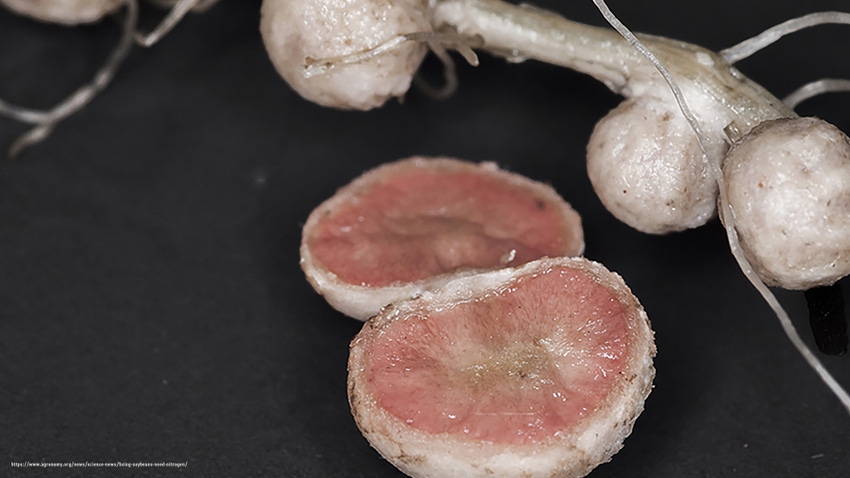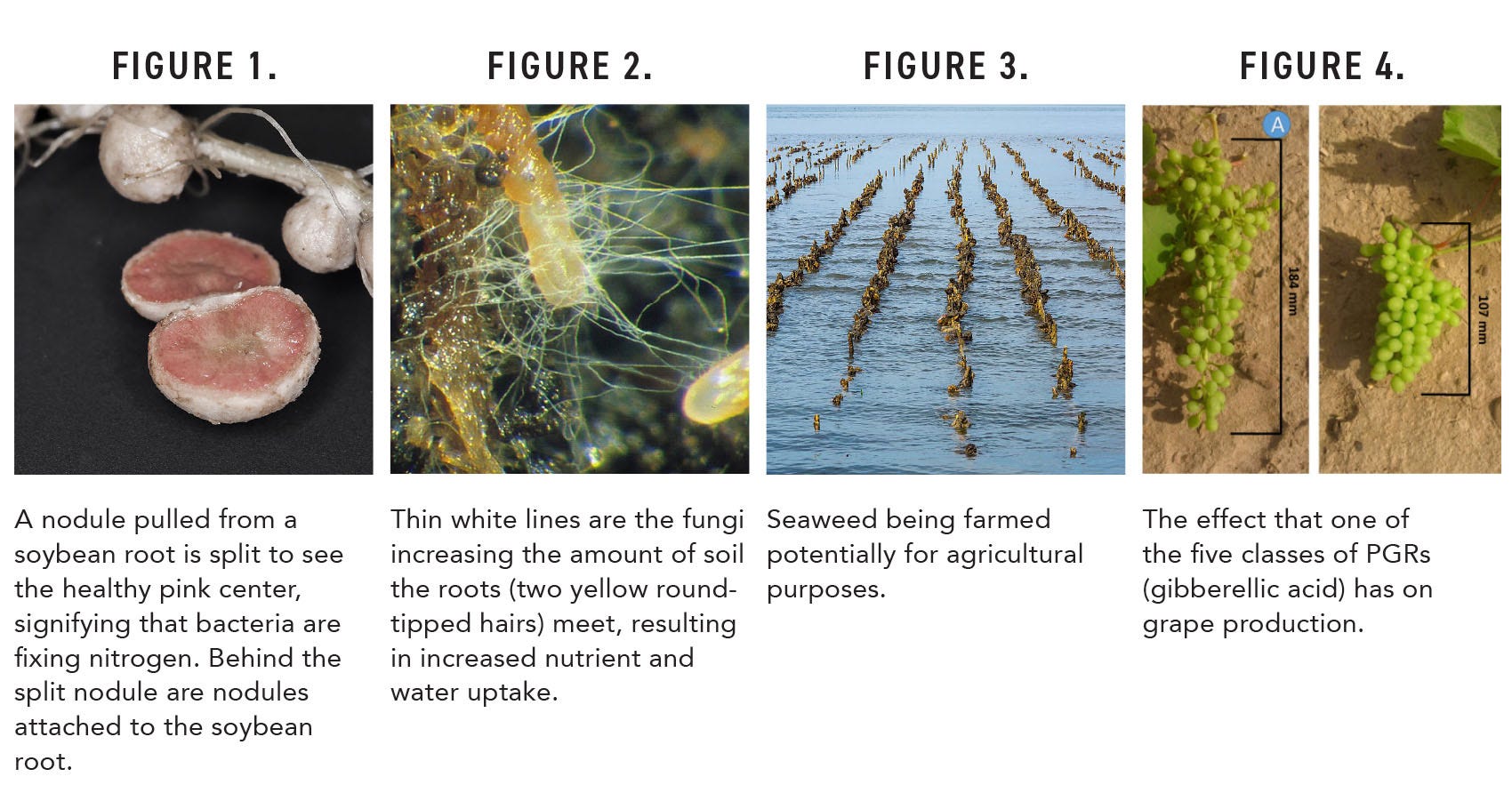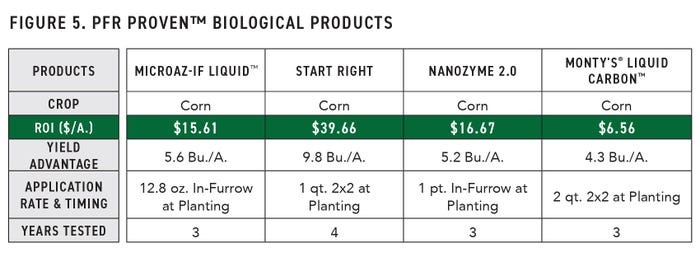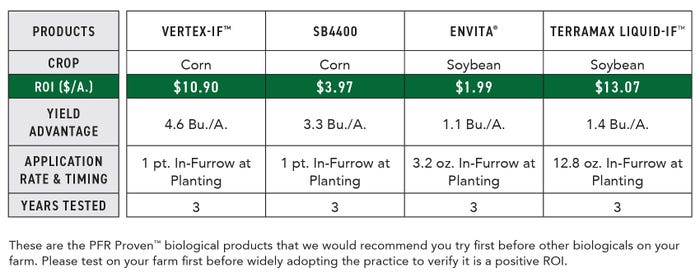March 1, 2024

Agricultural biological products are the new "Wild West" of agriculture, and this is reflected in the thousands of biological products being sold.
There are many ways to try to make sense of it, like classifying biological products by application method, how they are registered with the government for use, or the University of Illinois Crop Physiology Lab’s proposed categories. The simplest way to start looking at biological products is by application method because farmers can quickly determine if it is feasible to apply - but this way is too broad as it mixes active ingredients.
The government tried to tame the "Wild West" of the biological sector by defining the term bio-stimulant, which can be thought of as a subcategory of biologicals. Classifying bio-stimulant products is important because they are exempt from expensive federal registration as a pesticide and are instead registered on the state level. The definition of a bio-stimulant in the 2018 Farm Bill is too vague to be enforceable because the definition overlaps with the definition of pesticides. However, there is a new Plant Bio-stimulant Act that aims to give better guidelines.
Just like the true "Wild West" couldn’t be tamed overnight, the federal government isn’t going to provide order to the biological side of agriculture overnight either. This leaves us with the last and best option: the University of Illinois Crop Physiology Lab’s proposed categories of biologicals. Below are the subcategories of biologicals and their definitions.
BIOLOGICALS:
Non-synthetic products designed to enhance crop growth and development.
Microorganisms (Microbes or Bugs in a Jug): Contains cultures of living microorganisms.
Nitrogen Fixing Bacteria (Figure 1): Bacteria convert atmospheric nitrogen into a plant-available form.
Phosphorus Solubilizing Bacteria: Bacteria make phosphorus more available in the soil.
Arbuscular Mycorrhizal Fungi (Figure 2): Fungi act like an extension of the root, aiding the uptake of water and nutrients.
Mineralizers and Decomposers: Microorganisms aid in the mineralization of organic matter and/or aid in residue decomposition.
Bio-Stimulants:
Non-living products that promote the increase of microorganism populations by enhancing the environment in which they live and/or by providing food for them to consume.
Enzymes: Assist with converting nutrients to plant-usable forms (for example, phosphatases).
Organic Acids: Aid in nutrient availability and promote soil health (example: humic or fulvic acids).
Extracts (Usually Marine): Provide carbohydrates and minerals to enhance the plant's stress tolerance (Figure 3).
Sugars: Stimulant microbial activity by supplying a simple energy source.
Plant Growth Regulators: Mimic plant-derived hormones that drive growth and development (Figure 4).

Photo submitted by Beck's Hybrids.
It is hard to determine which category some of the biological products fall into. For example, the PFR Proven™ product Micro-AZ IF Liquid™ by TerraMax contains the bacteria Azospirillum brasilense. This living bacteria fixes atmospheric nitrogen but could have a greater effect on plants by producing growth-promoting regulators.
As the "Wild West" was tamed, the region's resources were realized. Similarly, the potential of biologicals is unknown, and the only way to realize the potential is by continuing to do research. If you are looking to try a biological product on your own farm, trying a PFR Proven biological (Figure 5) is a great place to start.

Photo submitted by Beck's Hybrids.

Photo submitted by Beck's Hybrids.
Before fully embracing a biological product in your operation, make sure to evaluate products on a smaller scale to make sure they are accomplishing the goal that you desire. You must also remember that many of these products have special handling requirements. These requirements must be followed to ensure the optimal performance of biological products.
Beck's - Farmers At Heart® - revolutionized the customer seed buying experience by remaining true to a foundation built on faith, family, and farming. Founded in 1937, Beck's appreciates the farmers who have helped them become the largest family-owned retail seed company and the third-largest seed brand in the United States. The Beck family is now in its fifth generation of family members who work in the business to honor God and help farmers succeed. The Beck family and team of employees help farmers achieve success from generation to generation through authentic customer experiences, product diversity, seed quality, and performance. With a home office located in Atlanta, Ind., Beck's serves farmers throughout the Midwest and Mid-South. For more information about Beck's Superior Hybrids, Inc., visit www.beckshybrids.com.
You May Also Like





